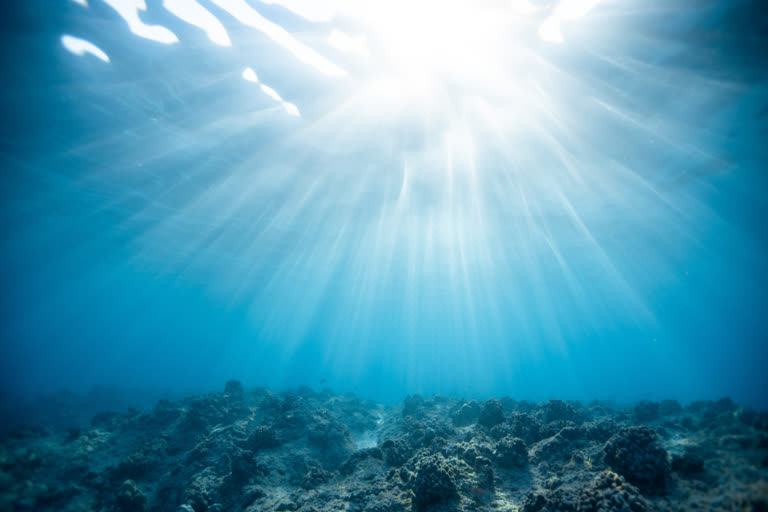LA JOLLA, Calif.: The National Science Foundation grant, announced last month, will fund the development of 500 ocean-monitoring floats. Five top national research institutions, including Monterey Bay Aquarium Research Institute, Scripps Institution of Oceanography at UC San Diego, University of Washington, Woods Hole Oceanographic Institution, and Princeton University, will team up to build and deploy the devices.
The robotic fleet will survey water from the surface to a depth of 2,000 meters — more than a mile deep. They will continuously collect data that scientists use to observe ocean ecosystems and monitor elemental cycles of carbon, oxygen, and nitrogen in the ocean. The floats will also gather data on the growth and respiration of phytoplankton, which provide the basis for the ocean's food web and regulate carbon cycles.
The data will be freely available to researchers, educators, and government officials within a day of its collection, and will help inform fisheries management, climate science, and studies on ocean warming and acidification. It will also be broadly available to the public, with workshops, web-based curricula, and hands-on activities for teachers, students, and scientists.
School and college classes will be able to adopt floats, and student activities will be offered with the national Marine Advanced Technology Education program. Courses based on the float technology will be offered through The Sandbox, a maker space at Scripps Oceanography.
